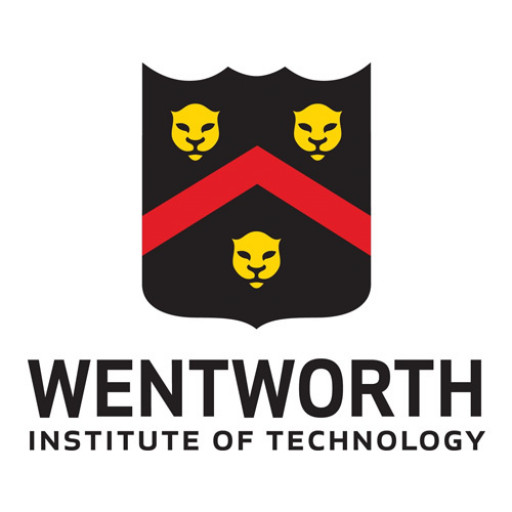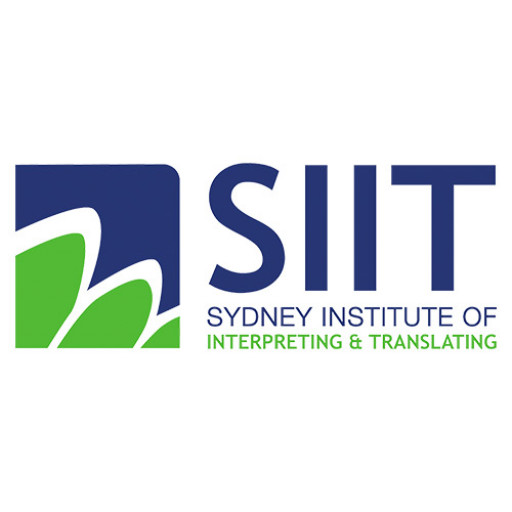Photos of university / #rmituniversity
The Master of Translating program at RMIT University is designed to equip students with advanced language skills and professional competencies necessary to excel in the dynamic field of translation. This comprehensive program offers a rigorous curriculum that integrates theoretical knowledge with practical application, preparing graduates for diverse careers within the translation industry. Students have the opportunity to develop expertise in translating between English and their chosen language pairs, including but not limited to Chinese, Spanish, French, German, and Japanese. The program emphasizes high-quality translation methods, linguistic accuracy, cultural nuances, and industry standards, ensuring graduates can produce precise and culturally appropriate translations for a variety of contexts such as business, legal, medical, technical, and creative sectors.
Throughout the course, students engage with a wide range of learning experiences, including coursework, practical translation projects, internships, and collaborative workshops with industry partners. The program also explores emerging technologies and translation tools, preparing students to adapt to the rapidly evolving digital landscape. Faculty members are experienced professionals and researchers in the field of translation and interpretation, providing mentorship and tailored feedback to support individual development.
Graduates of the Master of Translating program are well-positioned to pursue careers as professional translators, interpreters, localization specialists, or language consultants across governmental agencies, multinational corporations, translation agencies, publishing companies, and non-profit organizations. Furthermore, the program encourages research and innovation in translation studies, fostering critical thinking and scholarly inquiry. With a focus on practical skills and industry relevance, the program aims to produce highly competent translation professionals capable of meeting the complex linguistic and cultural demands of global communication in today’s interconnected world.
Program Content for "Translating" at Royal Melbourne Institute of Technology (RMIT):
The Master of Translating at RMIT provides students with comprehensive training in the art and science of translation across a variety of languages and disciplines. This program is designed to equip aspiring translators with advanced linguistic skills, cultural competencies, and industry-specific knowledge necessary for professional practice in today’s globalized environment. Throughout the course, students will develop fluency in at least two languages, with a focus on translating texts from the source language into the target language accurately, idiomatically, and contextually. The curriculum combines theoretical foundations of translation studies with practical, real-world application, ensuring graduates are well-prepared for careers in translation agencies, government departments, international organizations, and freelance settings.
Core modules include translation theory, intercultural communication, and translation technologies, which provide students with a strong understanding of both the conceptual and technical aspects of translation. Specialized subjects cover areas such as legal, business, technical, scientific, and literary translation, enabling students to build expertise in various fields. The program emphasizes the development of high-level editing and proofreading skills, ensuring that students can produce polished, professional translations that meet industry standards. Additionally, students will have opportunities to undertake industry placements and participate in internships, giving them valuable hands-on experience and professional networking opportunities.
RMIT’s facilities include state-of-the-art computer labs equipped with the latest translation software, enabling students to familiarize themselves with industry-standard tools such as CAT (Computer-Assisted Translation) tools. Collaborative projects and simulated client briefs prepare students to handle diverse translation tasks and deadlines efficiently. The program also encourages engagement with contemporary issues in translation, such as localization, digital communication, and ethical considerations in the profession.
Graduates of the Master of Translating will be fully prepared to enter the workforce as professional translators, intercultural communicators, or translation project managers. They will possess the linguistic, technical, and intercultural skills necessary to succeed in a competitive global marketplace. RMIT’s strong industry links, experienced faculty, and focus on practical skills ensure that students graduate with confidence and competence to pursue successful careers in translating across multiple domains.
The Bachelor of Arts in Translating at the Royal Melbourne Institute of Technology (RMIT) is designed to develop students' skills in translating between their chosen languages and English, preparing them for professional careers in translation and related fields. To complete the program, students are required to undertake a series of core and elective courses that cover advanced translation techniques, language proficiency, cultural awareness, and specialised translation domains. The curriculum emphasizes both practical skills and theoretical knowledge, ensuring graduates are capable of producing accurate, culturally appropriate translations across various contexts such as legal, business, technical, and literary fields.
Students must complete a specified number of credit points, including foundational language courses, translation practice modules, and electives in areas such as communication, intercultural competence, and translation technology. Practical experience is a core component, with opportunities for internships, industry projects, and collaborative work with professional translators. Throughout the program, students are expected to develop proficiency in using various translation tools and software, enhancing their employability in a competitive job market.
Assessments are conducted through coursework, translation assignments, presentations, and examinations, emphasizing both accuracy and efficiency. The program also includes modules on ethics and professionalism to prepare students for the responsibilities involved in translation tasks. Graduates will be equipped with strong intercultural communication skills, advanced language abilities, and technical expertise in translation, enabling them to work effectively in multilingual environments. Overall, the program aims to produce versatile, competent translators ready to meet the demands of global markets and diverse client needs.
Financing studies for the Translating program at the Royal Melbourne Institute of Technology (RMIT) encompass a range of options designed to support students in their academic journey. Students may be eligible for various types of financial aid, including government schemes, scholarships, and private loans. Australian citizens and permanent residents can access government-supported funding such as HECS-HELP, which allows students to defer the cost of their tuition until after graduation when they are earning above a certain income threshold. International students, on the other hand, typically need to pay tuition fees upfront, although some scholarships and financial assistance options may be available to help offset costs.
RMIT offers a variety of scholarships for both domestic and international students based on academic merit, financial need, or specific areas of interest, including language and translation studies. Some scholarships are automatically considered during the application process, while others require separate applications. Students are encouraged to research and apply for scholarships early to maximize their chances of receiving financial support.
Additionally, students can explore private financing options such as education loans provided by banks or financial institutions, which may offer flexible repayment plans. RMIT also provides comprehensive financial advice and support services to assist students in planning their finances and understanding their obligations. Payment plans and assistance with managing tuition fee payments are available to help students spread the cost over a manageable period.
International students should be aware of visa requirements that may include proof of financial capacity for the duration of their stay. This can involve showing evidence of funds sufficient to cover tuition, living expenses, and other associated costs. RMIT's dedicated student support services can guide students through the application processes for financial aid, assist with budgeting, and provide information on work opportunities available during studies to help students supplement their income.
In conclusion, financing studies at RMIT's Translating program is facilitated through a combination of government assistance, scholarships, private loans, and institutional support. Prospective students should carefully research the available options, meet application deadlines, and seek personalized advice from RMIT's financial aid advisors to ensure they can effectively manage the financial aspects of their education.
The Master of Translating program at RMIT University is designed to develop advanced language skills and professional competence in translation, preparing graduates for careers in a variety of sectors including government, business, and international organizations. This program offers students the opportunity to specialize in translation between their native language and English, or between English and other languages, depending on their language pairs and interests. The curriculum incorporates both theoretical foundations of translation studies and practical translation exercises, enabling students to refine their skills in interpreting texts accurately across different contexts and formats.
Students will engage with a wide range of specialized translation fields such as legal, business, technical, and literary translation, ensuring they are versatile and adaptable in the global marketplace. The program emphasizes the development of critical thinking, cultural competency, and ethical awareness, which are essential qualities for professional translators. Through industry-focused coursework, students have access to simulated real-world translation projects and internship opportunities that enhance their employability upon graduation. RMIT also leverages cutting-edge translation technology, including computer-assisted translation tools and machine translation systems, to ensure students are proficient with the latest industry-standard software.
The program's faculty includes experienced translation practitioners and academics who contribute to a dynamic learning environment. Graduates of the Master of Translating program are well-prepared to enter the workforce as professional translators, localization specialists, or freelance language consultants. They are equipped to work for translation agencies, multinational corporations, government departments, or as independent practitioners. The program typically spans over two years of full-time study, although flexible study options may be available in some cases. Overall, the Master of Translating at RMIT combines theoretical knowledge, practical training, and technological skills to support students in building successful careers in the global translation industry.




